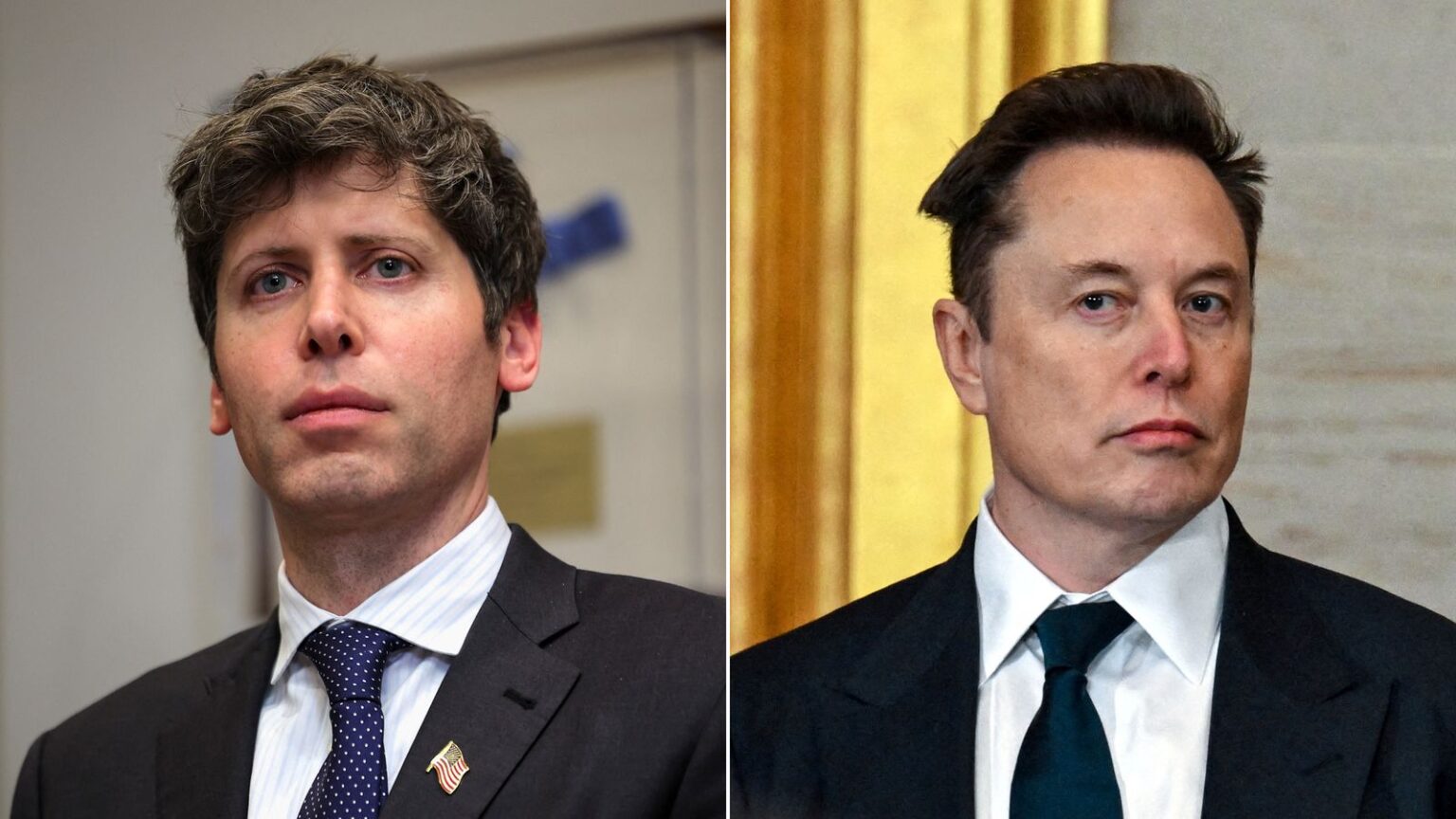|
Getting your Trinity Audio player ready...
|
In a dramatic turn of events, OpenAI has rejected a staggering $97.4 billion acquisition bid from a consortium led by billionaire entrepreneur Elon Musk. The bid, which aimed to take control of the ChatGPT maker, was dismissed unanimously by OpenAI’s board, reaffirming the company’s commitment to its nonprofit mission of ensuring artificial general intelligence (AGI) benefits all of humanity.
Musk, a co-founder of OpenAI, has been vocal about his concerns regarding the organization’s shift towards a for-profit model after his departure in 2019. The billionaire has repeatedly accused OpenAI and its CEO, Sam Altman, of prioritizing profit over their original mission. His latest bid was seen as another attempt to regain control over the AI powerhouse, which has received billions in funding and established itself as a dominant player in the AI space.
OpenAI’s Decisive Response
In a statement shared on X (formerly Twitter), OpenAI’s Chairman Bret Taylor reaffirmed that the company was not for sale. He emphasized that any reorganization of OpenAI would only serve to strengthen its nonprofit foundation and commitment to the broader public good. The statement also dismissed Musk’s bid as an effort to “disrupt his competition.”
OpenAI’s legal counsel, William Savitt, reinforced this stance in a letter to Musk’s legal team, stating that the bid was not genuine due to the conditions Musk imposed. The letter also criticized the consortium’s legal maneuvers, which sought to prevent OpenAI from evolving into a for-profit entity while demanding changes to its operational framework.
The Legal Battle Between Musk and OpenAI
Musk’s ongoing legal dispute with OpenAI has further intensified tensions between the two parties. The billionaire sued OpenAI, Altman, and Microsoft in 2023, alleging that they had breached the company’s original mission by prioritizing corporate interests. In November, he filed for a preliminary injunction to block OpenAI’s transition into a for-profit structure, a move that has fueled speculation about his true intentions regarding the company’s direction.
The consortium backing Musk’s bid included high-profile investors such as Valor Equity Partners, Baron Capital, and Hollywood mogul Ari Emanuel. Their interest in acquiring OpenAI highlights the increasing financial and strategic significance of AI-driven technologies. However, with OpenAI standing firm against external influence, the broader AI industry is closely watching how this power struggle unfolds.
What’s Next for OpenAI and Musk?
With OpenAI firmly rejecting Musk’s offer, the tech mogul’s next move remains uncertain. Industry experts speculate that he may intensify his legal battle or refocus his efforts on developing xAI, his AI startup. Meanwhile, OpenAI continues to expand its AI capabilities, seeking additional funding and partnerships to maintain its competitive edge.
As the AI race accelerates, the standoff between Musk and OpenAI serves as a crucial moment in the evolution of artificial intelligence governance, innovation, and ethical considerations.
